A hospital in Guangzhou, Guangdong province, recently launched a large artificial intelligence model to assist medical workers and parents in the screening, diagnosis, treatment and care of critically ill infants.
The new model, NeoAI Precision, was jointly developed by the Guangzhou Women and Children's Medical Center and Digital Health China Technologies Co. It is designed to support clinical decision-making within critical time windows.
Built on the Chinese-developed AI model DeepSeek and clinical data from multiple neonatal intensive care units, NeoAI Precision was developed through contributions from leading medical experts across the country. By integrating real-time data, it can rapidly assess an infant's condition, trigger alerts and recommend timely interventions, according to the hospital.
"Many diseases in infants are atypical and call for the support of large volumes of data for early diagnosis," said Zhou Wenhao, president of the Guangzhou Women and Children's Medical Center.
About 5.6 percent of newborns are born with birth defects of varying severity, many of which are not immediately apparent. The model aids in early detection before clinical symptoms appear by combining the results of genetic screening, lab tests, imaging examinations and other assessments.
NeoAI Precision also helps identify rare and complex diseases by drawing on multidisciplinary expertise and analyzing diverse, multimodal NICU data.
Premature babies, who are especially fragile, make up a significant portion of NICU patients. Those weighing less than 1 kilogram at birth typically require NICU care for one to two months.
Zhou said NICUs face complex challenges, including rapid and unpredictable changes in infants' conditions, time-sensitive decision-making, and difficulty managing fragmented information and diverse disease presentations.
Other challenges include the constant introduction of new equipment and treatment methods, a lack of standardized diagnosis and treatment protocols, uneven distribution of medical resources, and low accuracy in screening for inherited metabolic disorders.
"About 5 percent of infants with serious illnesses are treated in NICUs, where they are monitored by equipment," Zhou said. "AI technology helps integrate the indicators and make judgments in the shortest time possible. In an NICU, we need a very experienced team. But it takes decades of training to develop a good doctor."
Unlike general AI models, which often fall short in clinical applications due to insufficient scenario adaptability and limited specialty knowledge, NeoAI Precision is capable of detecting subtle changes in clinical symptoms to help doctors apply early and precise treatment.
The system is accessible for free on mobile phones and computers, and also provides parents with post-discharge education and guidance on infant care. In addition, it supports training for healthcare workers at grassroots medical institutions, with a focus on premature baby care, risk assessment and standardized infant transfer procedures.
Zhou said the model will continue to evolve and is expected to be piloted in 50 to 60 hospitals for further testing.












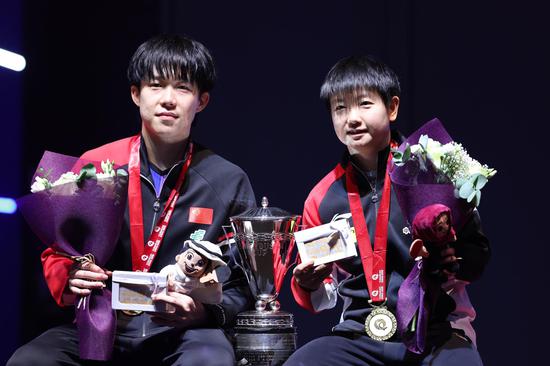




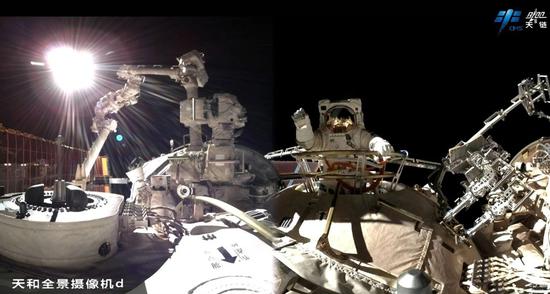
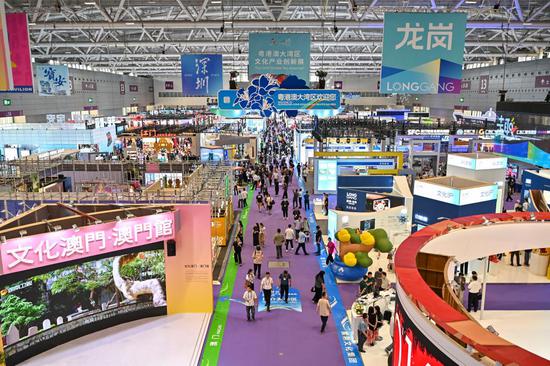


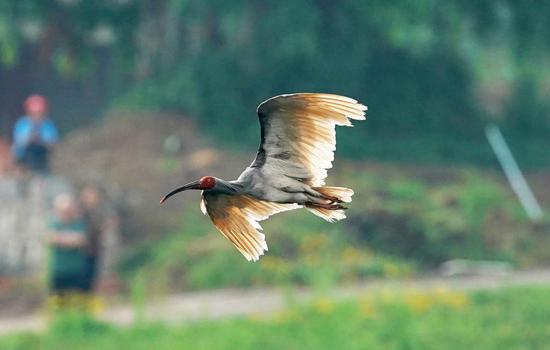

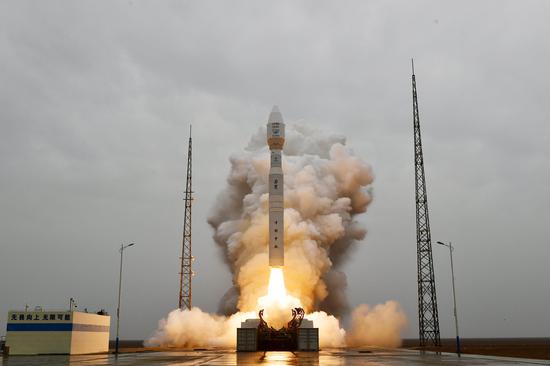
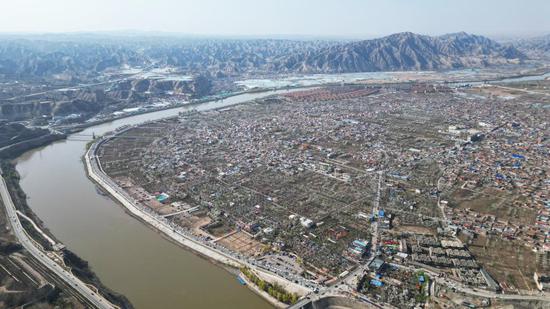

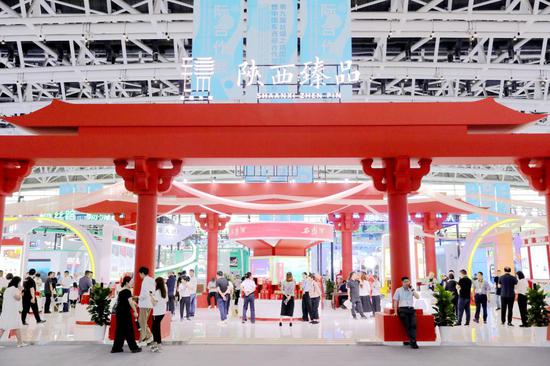









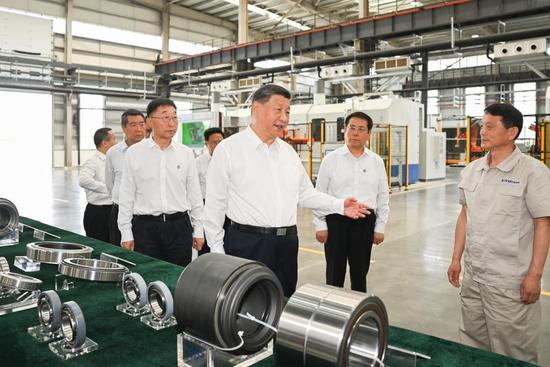
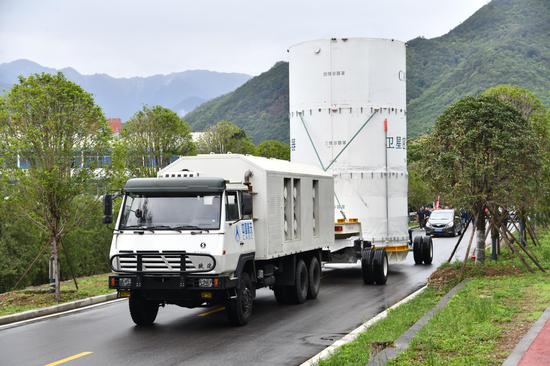
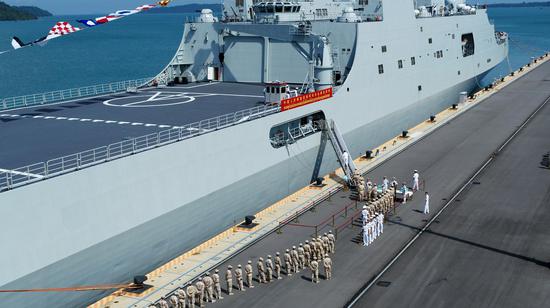
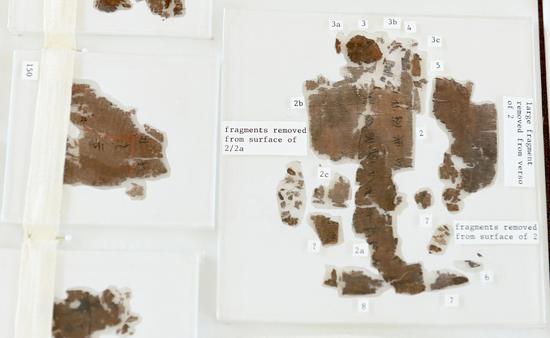
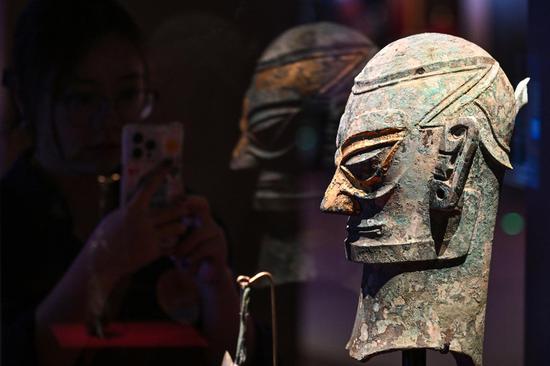
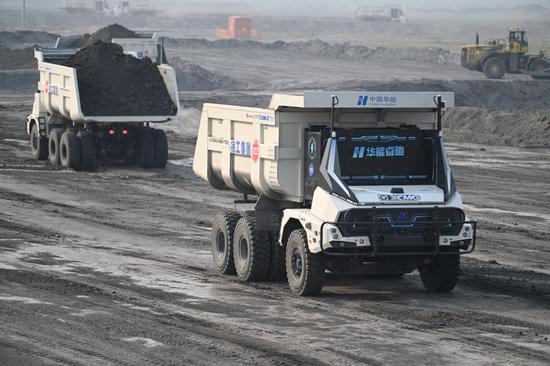


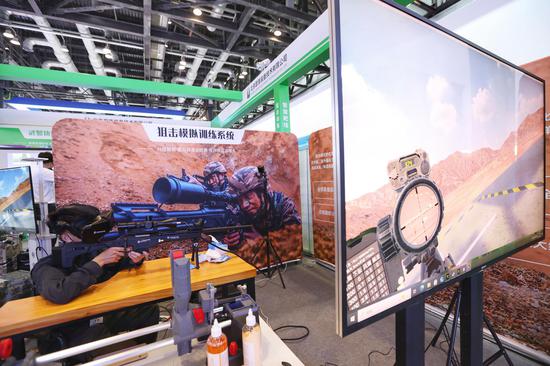

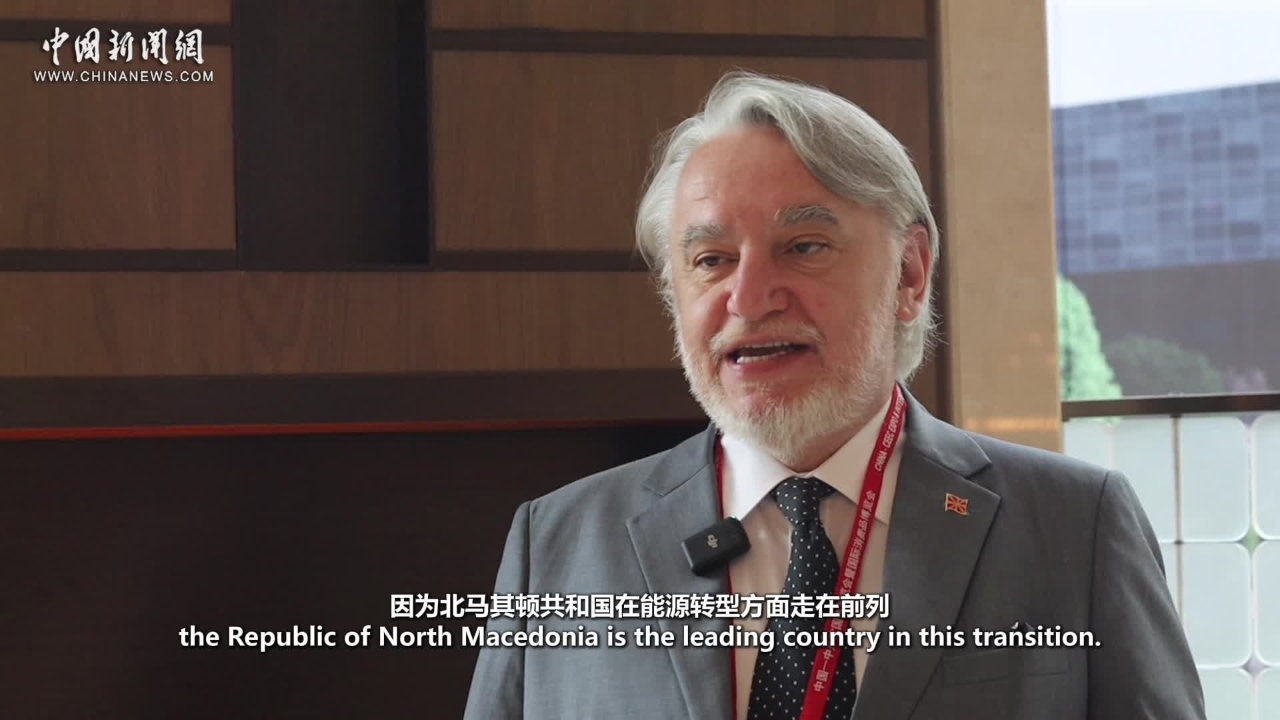

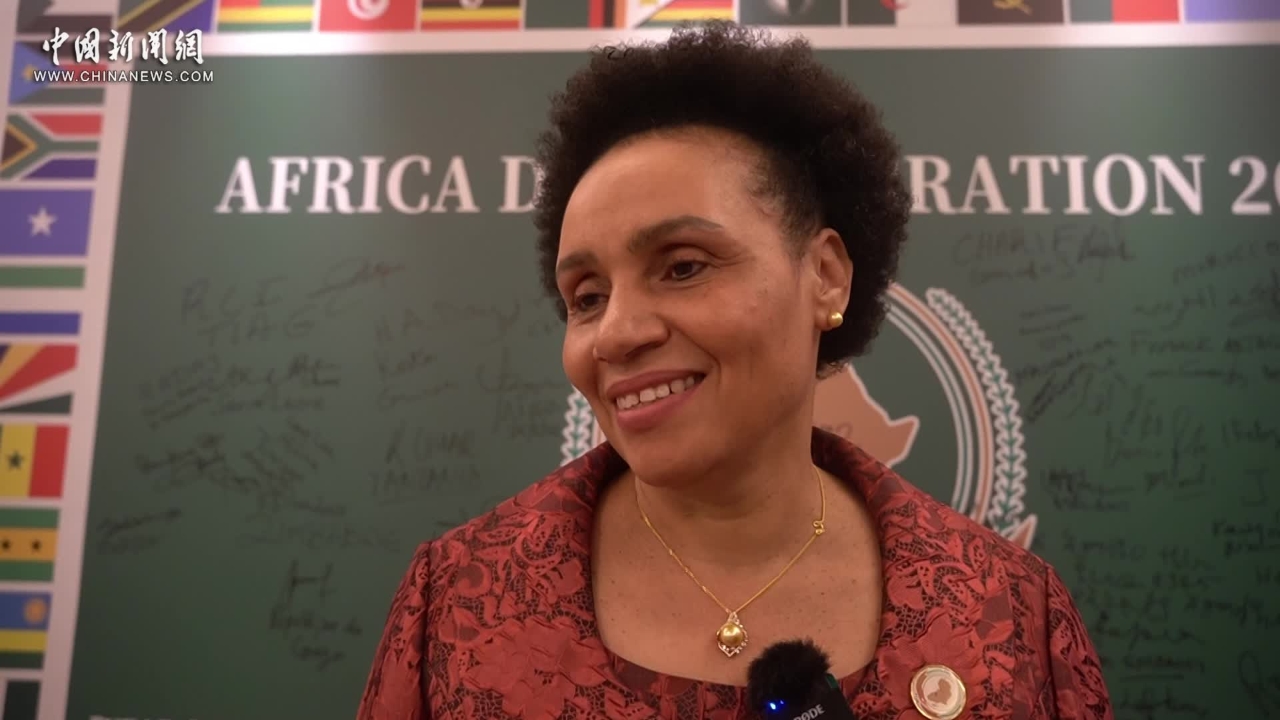

 京公網安備 11010202009201號
京公網安備 11010202009201號